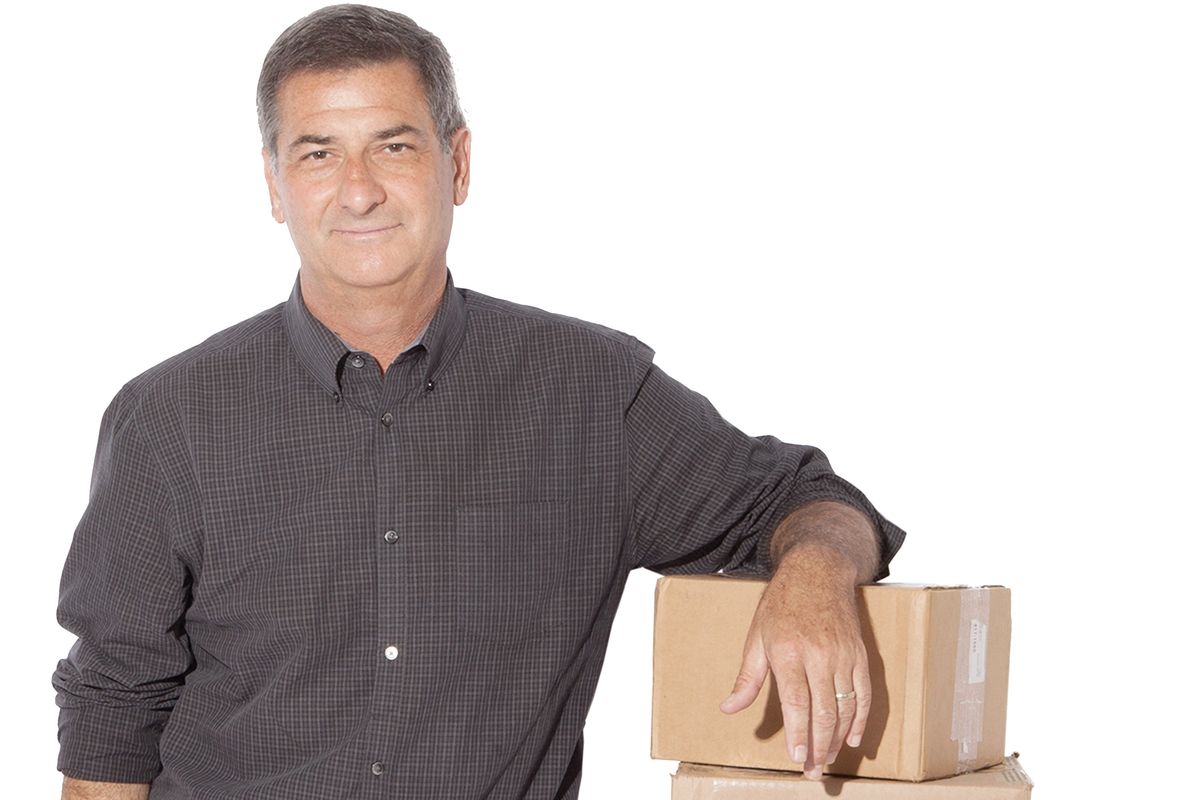Waste is a global issue. Author Ed Humes wants to do something about it

The planet is facing a number of environmental crises, and the impacts are all too present here in the West.
The Inland Northwest’s intense heat waves over the last few summers and wildfire seasons that seem to be getting longer can both be attributed to climate change.
Plastic pollution has become so pervasive that researchers have found microplastics in the placentas of pregnant women.
A large portion of the fruit, vegetables and livestock raised in central and Eastern Washington ends up wasted each year, with the U.S. Department of Agriculture estimating 30% to 40% of the nation’s food supply is squandered each year.
Pulitzer Prize-winning author Ed Humes believes those issues and others are all symptoms of the same disease: waste.
“If we reframe all these problems in that way, suddenly it doesn’t seem quite so hopeless; we don’t feel quite so helpless,” Humes said. “We actually talk about concrete ways that we can address it without having to invent new technology. We’re not going to have to wait for some next-gen Elon Musk to appear and say ‘I’ve got the answer.’ ”
Humes will return to Spokane on Thursday evening to discuss his latest book, “Total Garbage: How We Can Fix Our Waste and Heal Our World,” with Northwest Passages Book Club at the Myrtle Woldson Performing Arts Center at Gonzaga University.
In “Total Garbage,” Humes delves into the 21st century’s slate of environmental problems and how they can all be traced back to society’s wasteful nature. He makes it clear the everyday impacts that waste can have on one’s health, happiness and wallet from the very beginning, starting readers with the bewildering fact that the average person ingests about 285 bits of microplastic a day – roughly a credit card’s worth.
Humes believes those issues can be addressed despite the uphill battle ahead. Waste may be one of the few issues people can agree on, across party lines, classes and generations, he said.
“It’s unlike all the diffuse, global problems we have,” Humes said. “People know how to be less wasteful and they feel motivated to. Or if they don’t know it, they want to talk about what we can do about this.”
The book covers a number of communities and individuals doing something about waste. The reader joins Humes as he tours a recycling plant in Seattle aimed at finding a second life for junk drawer items like batteries, as he sits down for conversations with midwestern farmers, chefs committed to sustainability and inventors focused on harnessing renewable energy and as he examines local, state and federal policies aimed at curbing threats to our natural world.
Humes said it took some time to find those people working toward solutions, many of which hail from the youngest generations. After completing his first book on the subject, “Garbology,” which was lauded for its coverage of the consumer economy and trash in the states, he knew the concept of waste needed to be explored in more depth.
The research and writing process for the book was a bit different than Humes’ last few books, which focused on a handful of protagonists, or centered around a specific criminal case. Each chapter in “Total Garbage” presents different individuals combatting waste, in a variety of industries, and Humes said it was a challenge to tie it all together into a cohesive narrative.
“But I found new hope about our epic wastefulness,” Humes said. “Because there’s really great things out there for changing that picture and having an impact on all these other environmental crises that waste is driving. That’s the biggest thing we make and it’s the one big problem we can fix. I think that’s worth a book.”
While taking on a monumental issue like waste can seem daunting, especially for just one person, Humes hopes readers walk away understanding the impacts their decisions as consumers can have. Every decision or effort may not have a global impact, but can still have community impacts.
Together, individuals can help address the environmental crises of today, he said.
“Talking about climate change, plastic pollution, how can one person do anything about that?” Humes said. “If you frame the question around waste, everybody can think of things or be willing to listen to ideas about things that they can do to change that. And collectively, those choices really have enormous power to lower our impact on the world, to improve our quality of life, to lower household expenses, to drive markets, to drive policy.”